Sitting across from M.Div. student, Carly Gaeth, I listen as she reflects on her studies: “There is a quote that says, ‘Courage doesn’t always roar. Sometimes courage is the quiet voice at the end of the day that says I will try again tomorrow.'” Carly pauses, looks right at me, and laughs. “Sometimes you suck. You just do! You’re like: I didn’t prepare! I didn’t say anything in class. I was not fully present. And that’s okay, but what you can do tomorrow is try again and try to be better.”
This quiet courage and this gentle care for oneself is central to Carly Gaeth’s ministry. Originally from the Milwaukee area in Wisconsin, Carly is pursuing an M.Div. with a concentration in Theology and the Arts. She also teaches at Orono Montessori School. It's not uncommon that she reports to classmates or on social media all the bizarre and hilarious questions the kids ask her, and her matter-of-fact, joy-filled response to them: a workplace full of creativity and acts of love. It is the same perspective that she brings to the church.
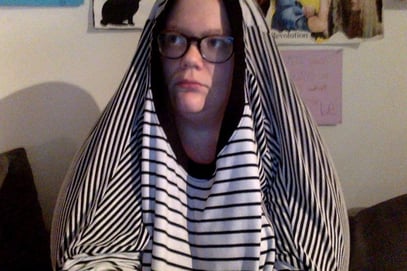
“I’m UCC born and raised, for which I am very grateful,” Carly explains. “I think the UCC is really a champion of progressive thinking and theology. Our slogan is no matter who you are or where you are in life’s journey: you are welcome here. Because of that, there’s such an emphasis on serving others and what you can do for your community, especially for people who are not normally accepted or welcome into spaces of worship, into faith communities.”
Carly is the daughter of a UCC pastor and knows that it can be difficult for churches to live up to their ideals. “I think it’s really important that UCC churches live out their message. That’s what I see United doing is living out that message.”
She continues: “In all of my classes we have a unique set of people. In my Theological Interpretations of the Arts class we have someone who is pagan, and someone who is Baha’i, and Jewish, and who has been to all kinds of different churches throughout her life––and a professor who is Eastern Orthodox! All this just in our little arts class. It’s so amazing to hear a different perspective from my own Christian perspective. In another class, Interpretation as Resistance, is someone who is 81 years old, who is learning about feminist lenses for the Bible for the first time. United is a space for people to come from all ages, all backgrounds and learn different things that empower them and excite them and make them think about things that they never thought about. It’s crazy and amazing: it’s cramazing!”
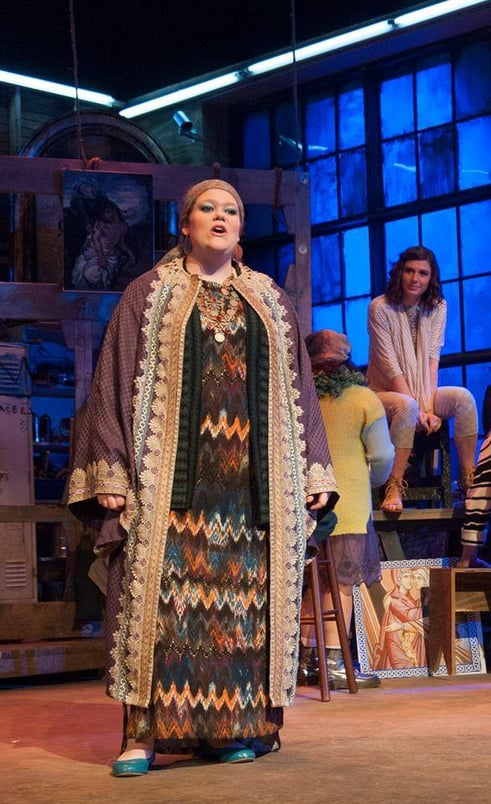
The crux of what Carly does with all she learns and ministry are the arts. Carly’s undergraduate degree was in vocal performance, but at United she expanded not only what she gets from art but also what kinds of art she practices. Through her courses in Theological Interpretation of the Arts, Theology and Contemporary Film, and Arts and Social Transformation, Carly has been able to look “more at visual art, photography, poetry, film.” Art is the lens through which Carly makes sense of the world. “Art lends itself to all sorts of things we wouldn’t even recognize. Are you drawn to water, flowers, plants, the earth and clay? All of that is holy. And all of that is part of art.”
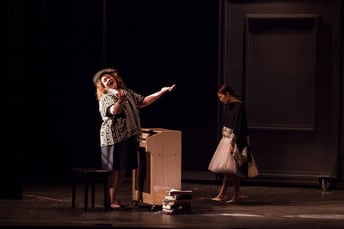
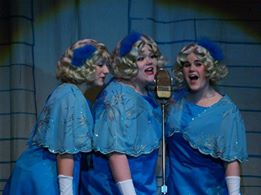
Likewise the more traditional theological or hermeneutic courses have influenced Carly’s artistic practice. “I am learning about theology from feminist, womanist, and queer lenses. That is going to inform my art. I have sung a lot of classical music because my degree is in vocal performance so it was like opera––which I’m trying not to roll my eyes at.,” We break into laughter, as both of us roll our eyes. “It’s almost all written by old, white European men. To sing one of those pieces but applying a queer or feminist or womanist lens would be so empowering.”
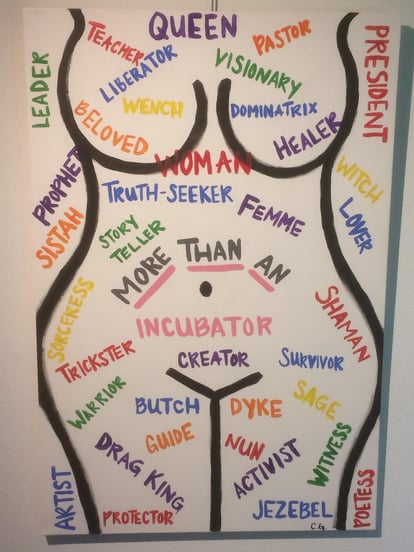 (Carly's response to the Magnificat, from coursework in Interpretation as Resistance)
(Carly's response to the Magnificat, from coursework in Interpretation as Resistance)
“I’m a PK, I’ve literally been going to church since the day I was born. I was born on Palm Sunday and I’ve never stopped!” The church is part of who Carly is. She is devoted to her community and the practices of pastoral care, devoted to inspire the courage in other people and in herself––even in the face of loss, conflict and confusion. And the medium of her vocation is song, painting, laughter, theatre. As I ask Carly to sum up her experience of joining church and art at United, her response is immediate: “I feel very lucky; when I came here, everything kind of clicked.”


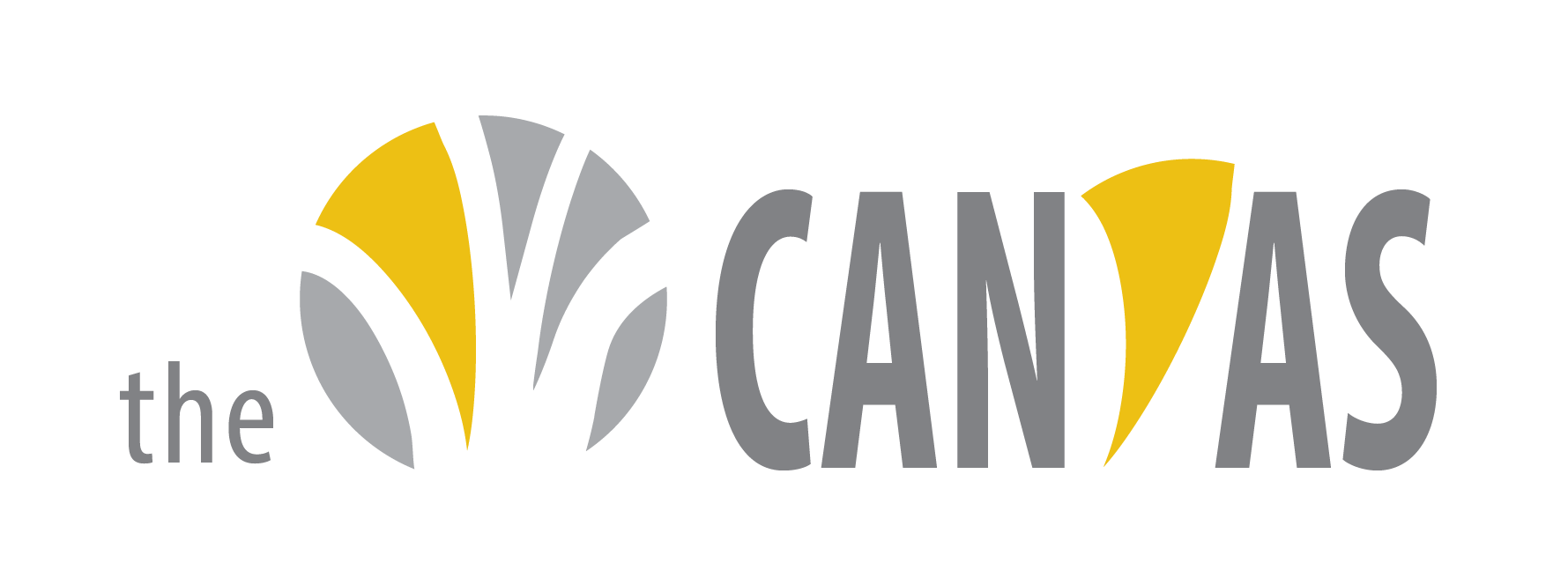
Your Comments :